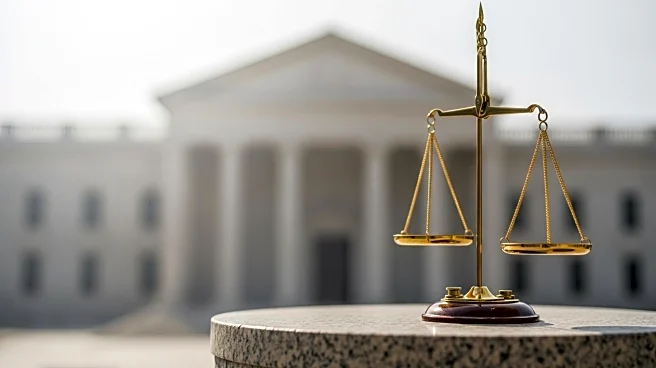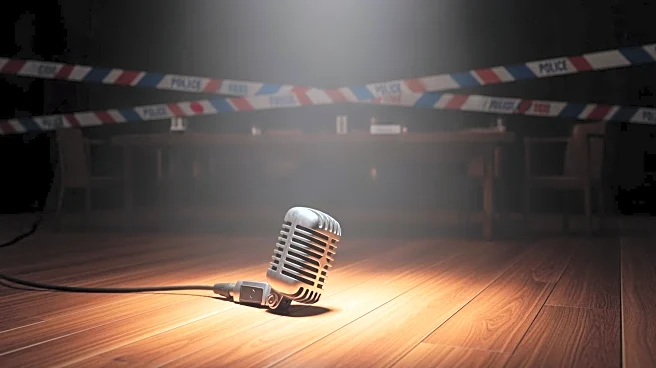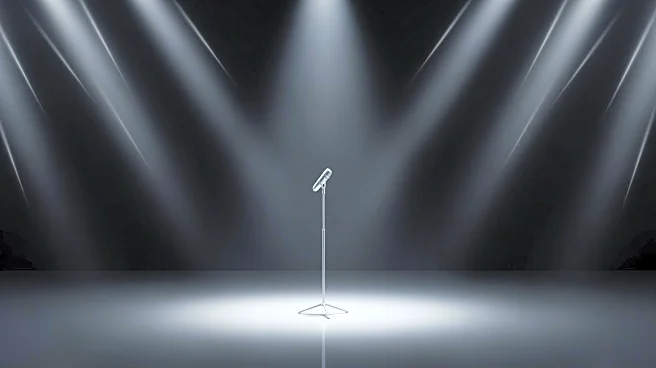What's Happening?
The Supreme Court has rejected Alex Jones' appeal to overturn a $1.4 billion judgment for defamation related to his false claims about the Sandy Hook school massacre. Jones, a right-wing conspiracy theorist, faced legal pressure after being found liable for defamation and emotional distress by juries in Connecticut and Texas. He argued that the judgment imposed a 'financial death penalty' on his media platform, Infowars, which reaches millions of listeners. The court's decision not to intervene leaves Jones responsible for the damages awarded to the victims' families and an FBI agent.
Why It's Important?
The Supreme Court's decision underscores the legal accountability of media figures for spreading false information. It highlights the potential financial consequences for those who engage in harmful rhetoric, setting a precedent for similar defamation cases. The ruling is a significant victory for the victims' families, affirming their right to seek justice and compensation for the emotional distress caused by Jones' false claims. The case also raises broader questions about the balance between free speech and the responsibility to avoid defamation, impacting the media industry and public discourse.
What's Next?
Jones is appealing a separate $49 million judgment in Texas related to similar defamation claims. The liquidation of Infowars' assets is ongoing, with a court-appointed receiver managing the process. The satirical news outlet The Onion had previously bid to acquire Infowars' assets, but the auction results were dismissed due to procedural issues. Jones' legal battles are likely to continue as he seeks to protect his remaining assets and influence. The case may prompt further scrutiny of media figures who engage in conspiracy theories.
Beyond the Headlines
The case raises ethical questions about the role of media in shaping public perception and the impact of misinformation on society. It highlights the challenges in regulating media content while preserving freedom of expression. The judgment against Jones may deter other media figures from engaging in similar behavior, potentially leading to a shift in how controversial topics are covered. The case also reflects the growing legal scrutiny of conspiracy theories and their impact on public discourse.










